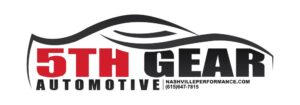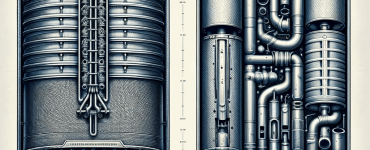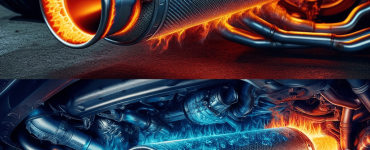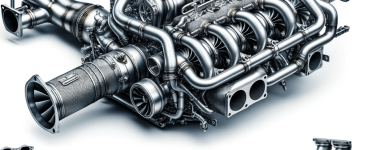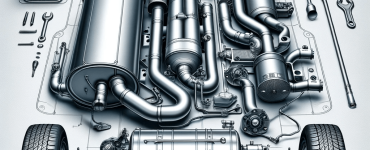Emissions and Legal Considerations for Exhaust Systems
Key Takeaways
| Aspect | Importance |
|---|---|
| Emissions Regulations | Compliance with local and federal emissions standards is mandatory |
| Noise Ordinances | Adherence to local noise regulations is essential |
| Aftermarket Modifications | Must be legally compliant and not tamper with emissions control devices |
| Inspection and Certification | Regular inspections may be required to ensure compliance |
| Material and Design | Should meet safety and environmental standards |
Navigating Emissions and Legal Requirements
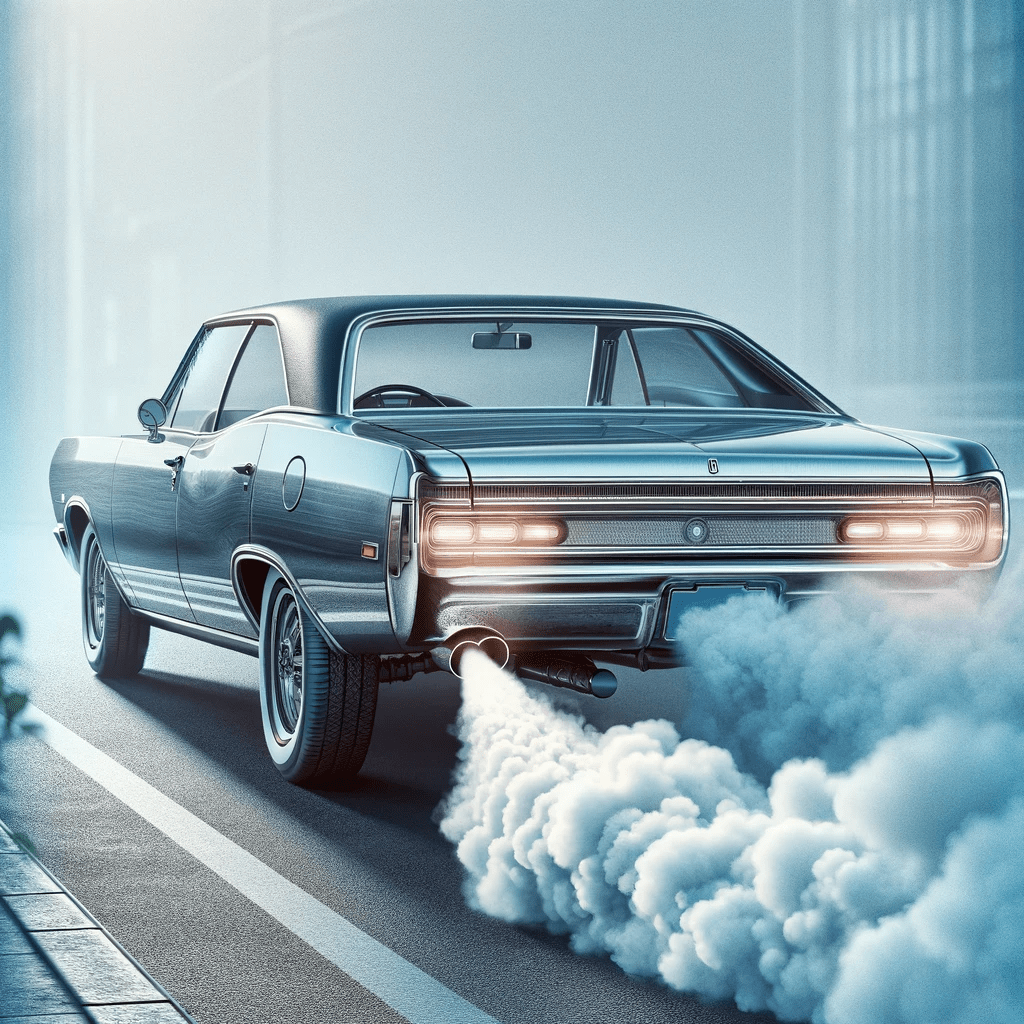
1. Emissions Standards Compliance
- Mandatory Regulations: Vehicles must meet specific emissions standards set by local and federal authorities. These standards are designed to reduce harmful pollutants.
- Catalytic Converters: A critical component, catalytic converters reduce toxic emissions. Modifying or removing them can lead to legal issues, as seen in High-Flow Catalytic Converters.
2. Noise Regulations
- Local Ordinances: Many areas have specific noise level limits for vehicles. Excessively loud exhaust systems can result in fines or legal action.
- Performance Mufflers: While enhancing sound, Performance Mufflers should also comply with local noise regulations.
3. Aftermarket Modifications
- Legal Compliance: All modifications, including those to the exhaust system, must comply with legal standards. This includes not tampering with emission control devices.
- Custom Exhaust Systems: While customizing, as discussed in Basics of Exhaust Mods to Enhance Performance, ensure all changes are legally compliant.
4. Regular Inspections
- Certification: Some regions require periodic vehicle inspections to verify compliance with emissions and noise standards.
5. Material and Design Considerations
- Safety and Environment: The materials and design of exhaust systems should not only be performance-oriented but also safe and environmentally friendly.
Emissions and legal considerations: Real-World Implications
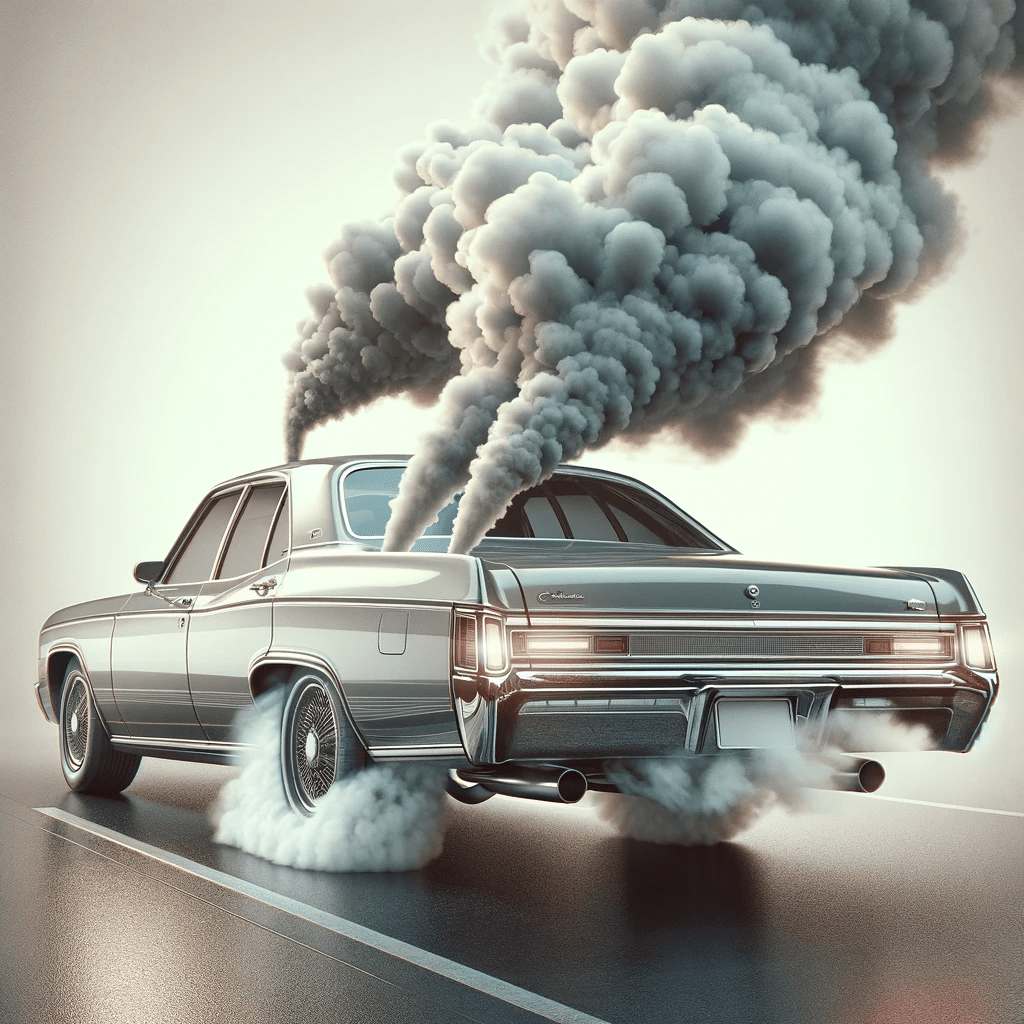
- Performance Cars: Modifications, like those for a Performance Exhaust for Focus ST, must be balanced with legal emissions and noise requirements.
- Diesel Vehicles: Diesel engines, particularly those undergoing Diesel Engine Optimization, have specific emissions standards that must be adhered to.
Emissions and legal considerations: Exhaust System Brands Overview
| Brand | Product Types | Emissions Compliance | Noise Regulation Adherence | Special Features | More info |
|---|---|---|---|---|---|
| MagnaFlow | Catalytic Converters, Mufflers | Compliant with most US standards | Designed to meet local noise levels | High-quality materials, performance-focused | High-Flow Catalytic Converters |
| Borla | Performance Exhaust Systems | Typically meet or exceed emissions standards | Focus on performance sound within legal limits | Durable stainless steel construction | Performance Exhaust for Focus ST |
| Flowmaster | Mufflers, Exhaust Systems | Engineered for emissions compliance | Balances aggressive sound with legal limits | Wide range of products for different needs | Performance Mufflers |
| Akrapovič | High-end Exhaust Systems | Complies with European and US standards | Prioritizes performance sound within legal limits | Advanced materials like titanium and carbon fiber | Basics of Exhaust Mods to Enhance Performance |
| Gibson | Exhaust Systems and Components | Focus on legal emissions levels | Designs cater to noise regulations | Offers a balance of performance and compliance | Exhaust System Tuning |
| AFE Power | Performance Exhaust Systems | Compliant with emissions standards | Sound levels designed to be within legal limits | Specializes in diesel and truck applications | Diesel Engine Optimization |
Conclusion: Balancing Performance with Compliance
While enhancing your vehicle’s performance through exhaust modifications can be appealing, it’s crucial to balance these changes with adherence to legal emissions and noise standards. Ensuring compliance will not only keep your vehicle road-legal but also contribute to environmental protection.
